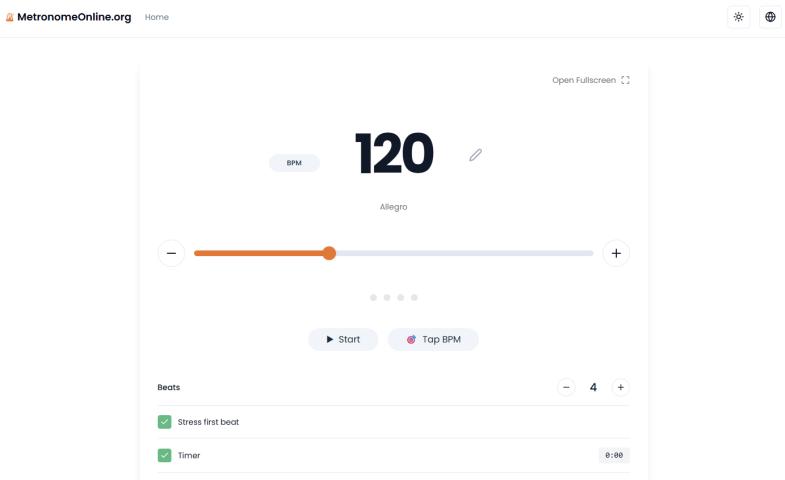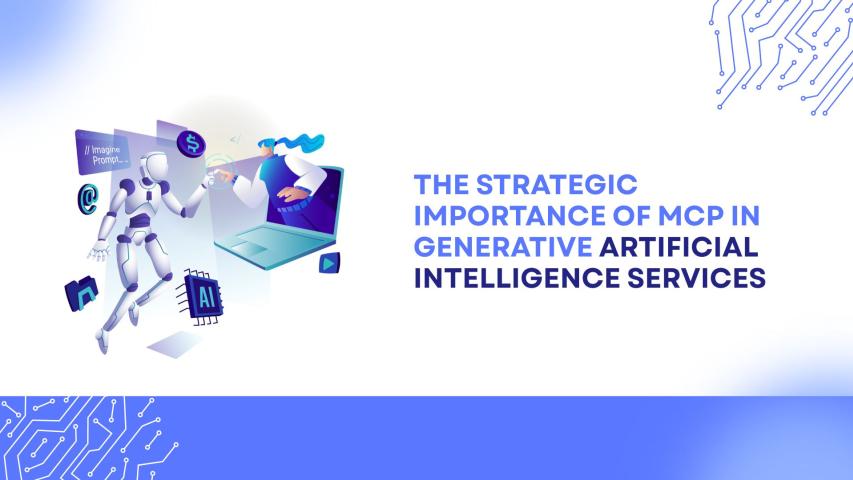In the high-stakes world of startups, technical skills and business acumen often take the spotlight. However, one less-discussed but equally critical trait for a leader's success is emotional intelligence (EI). Defined as the ability to understand, manage, and influence emotions—both one’s own and others’—emotional intelligence is a cornerstone of effective leadership.
What Is Emotional Intelligence?
Psychologist Daniel Goleman popularized the concept of emotional intelligence, breaking it down into five key components: self-awareness, self-regulation, motivation, empathy, and social skills. These attributes enable leaders to build stronger relationships, handle stress, and inspire their teams effectively.
Why Emotional Intelligence Matters in Startups
Startups operate in environments of uncertainty and rapid change, where stress levels can run high. Leaders with strong emotional intelligence foster a supportive and adaptable culture that keeps their teams motivated even during challenging times.
- Enhanced Communication: EI helps leaders communicate more clearly, ensuring that team members feel heard and understood.
- Conflict Resolution: Emotionally intelligent leaders can mediate conflicts by addressing underlying issues rather than escalating tension.
- Team Morale: Empathy and recognition boost morale, reducing burnout and turnover rates.
The Productivity Link
Research from TalentSmart reveals that 90% of top performers have high emotional intelligence. In a startup setting, this translates to better decision-making, improved problem-solving, and higher overall productivity. Teams led by emotionally intelligent leaders are more likely to innovate and collaborate effectively, giving startups a competitive edge.
How to Cultivate Emotional Intelligence as a Startup Leader
- Develop Self-Awareness: Regularly reflect on your emotions and how they influence your behavior. Tools like journaling or mindfulness practices can help.
- Practice Empathy: Make a conscious effort to understand your team members’ perspectives and challenges.
- Master Self-Regulation: Learn to manage stress and avoid reactive decisions, especially in high-pressure situations.
- Strengthen Social Skills: Build relationships across your organization and encourage open, honest communication.
In a startup landscape where hard skills are often emphasized, emotional intelligence is the soft skill that can set leaders apart. By fostering a culture of empathy, collaboration, and resilience, emotionally intelligent leaders pave the way for both personal and organizational growth. Investing in EI isn’t just a leadership strategy—it’s a business strategy that drives long-term success.












